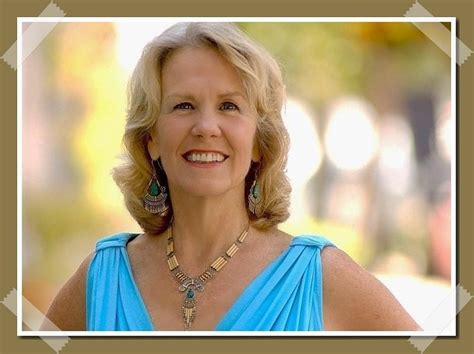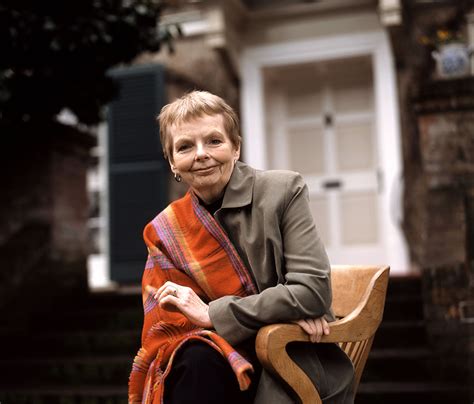A Quote by Debbie Ford
When we love all parts of ourselves, when we bless all of ourselves, when we honor all of our history and all of our insecurities, doubts, worries, and fears, we become the women that we always wanted to be.
Related Quotes
But how can we love someone if we don't like him? Easy-we do it to ourselves all the time. We don't always have tender, comfortable feelings about ourselves; sometimes we feel foolish, stupid, asinine, or wicked. But we always love ourselves: we always seek our own good. Indeed, we feel dislike toward ourselves, we berate ourselves, precisely because we love ourselves; because we care about our good, we are impatient with our bad.
We think that by protecting ourselves from suffering, we are being kind to ourselves. The truth is we only become more fearful, more hardened and more alienated. We experience ourselves as being separate from the whole. This separateness becomes like a prison for us - a prison that restricts us to our personal hopes and fears, and to caring only for the people nearest to us. Curiously enough, if we primarily try to shield ourselves from discomfort, we suffer. Yet, when we don't close off, when we let our hearts break, we discover our kinship with all beings.
Self-respect is often mistaken for arrogance when in reality it is the opposite. When we can recognize all our good qualities as well as our faults with neutrality, we can start to appreciate ourselves as we would a dear friend and experience the comfortable inner glow of respect. To embrace the journey towards our full potential we need to become our own loving teacher and coach. Spurring ourselves on to become better human beings we develop true regard for ourselves and our life will become sacred.
We have to fight them daily, like fleas, those many small worries about the morrow, for they sap our energies. We make mental provisions for the days to come, and everything turns out differently, quite differently. Sufficient unto the day. The things that have to be done must be done, and for the rest we must not allow ourselves to become infested with thousands of petty fears and worries.
Healing ourselves on the spiritual level involves developing a strong connection with our soul. We heal ourselves on the mental level as we become aware of our core beliefs, release those that limit us, and open to more supportive ideas and greater understanding. Emotional healing takes place as we learn to accept and experience the full range of our feelings. And we heal ourselves on the physical level when we learn to honor and care for our bodies, and for the physical world around us.
We travel, initially, to lose ourselves; and we travel, next to find ourselves. We travel to open our hearts and eyes and learn more about the world than our newspapers will accommodate. We travel to bring what little we can, in our ignorance and knowledge, to those parts of the globe whose riches are differently dispersed. And we travel, in essence, to become young fools again- to slow time down and get taken in, and fall in love once more.
Acceptance. We want someone to look at us, and really see us—our physical flaws, our personality quirks, our insecurities. And we want them to be okay with every square inch of who we are. We’re always afraid we might be too needy or too much work. We put all these limitations on ourselves and our relationships because we’re afraid that we’re not really loved. That we’re not really accepted. We hide little pieces of ourselves because we think that might be the one thing that finally drives away the person who’s supposed to love us.
Many successful people have fear, along with doubts and worries. The difference is that those who know how to succeed also know how to take action despite these worries and fears. You too can learn how to master fear, by understanding that fear is in our own minds, and therefore under our own control.



































